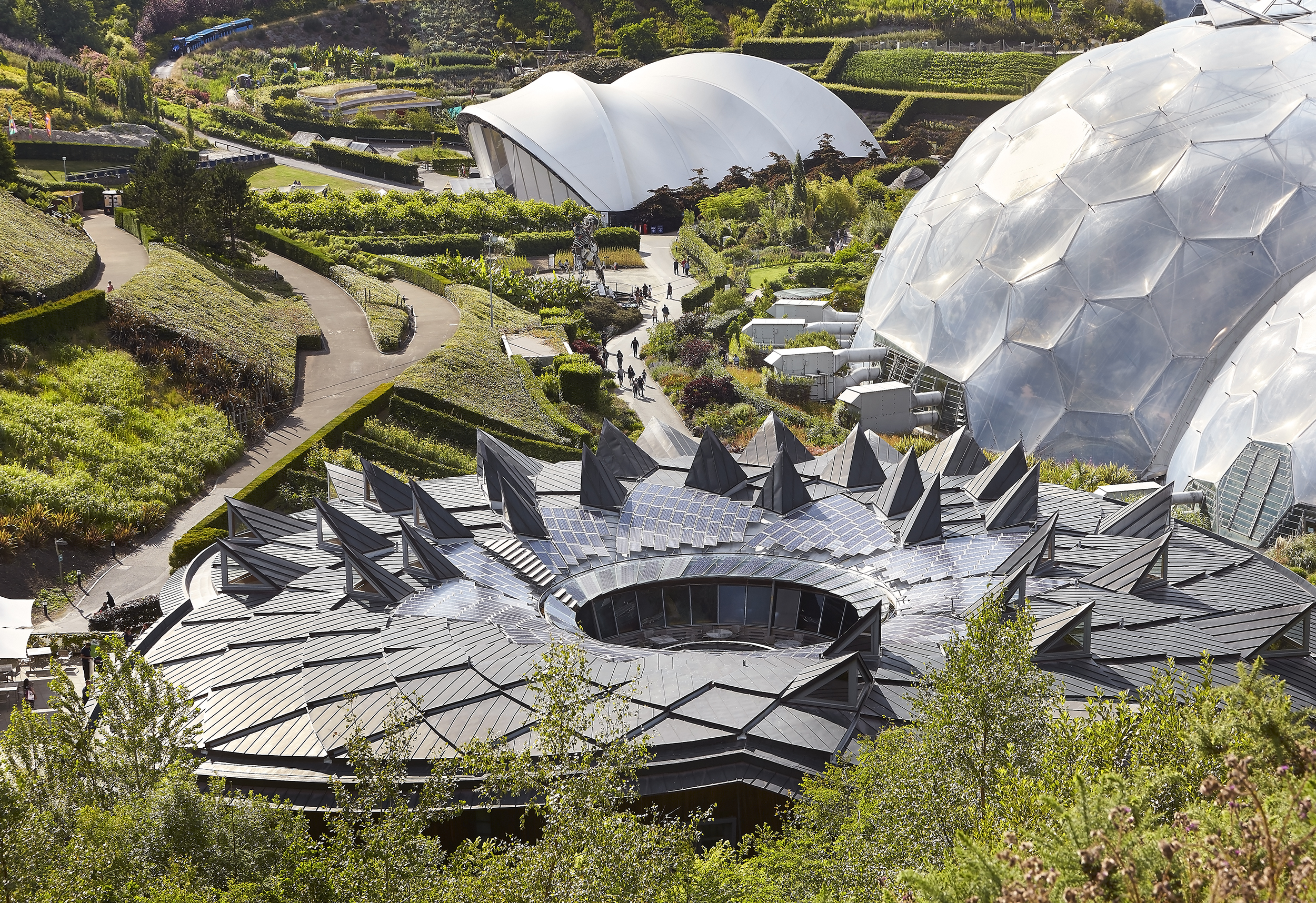
Introduction
The Eden Project, located in Cornwall, England, stands as a testament to sustainability and ecological education. Launched in 2001, this unique attraction, which houses an extensive collection of plants from various climates and environments, aims to educate visitors about the importance of conservation and biodiversity. As global concerns regarding climate change and sustainability grow, the relevance of the Eden Project as a model for future ecological initiatives becomes increasingly significant.
Key Features and Attractions
The Eden Project is primarily known for its two large biomes: the Rainforest Biome and the Mediterranean Biome. The Rainforest Biome, the world’s largest indoor rainforest, offers visitors an immersive experience with tropical plants from various rainforests around the globe. Meanwhile, the Mediterranean Biome showcases a diverse range of plants from regions with a Mediterranean climate, such as the Mediterranean coast, California, and South Australia.
Beyond the biomes, the Eden Project features outdoor gardens that display thousands of plant species. The site’s unique architecture, designed by Sir Nicholas Grimshaw, seamlessly integrates with the natural landscape, promoting a dialogue between nature and human construction.
Recent Developments
In recent years, the Eden Project has expanded its initiatives to focus more on sustainability. This includes the launch of new educational programmes aimed at schools and communities, which emphasise the importance of sustainable living practices. Furthermore, the project has been involved in habitat restoration projects and expanding its role in climate change education—showing visitors practical ways to reduce their carbon footprints.
Despite facing challenges during the pandemic, including temporary closures and a drastic decrease in visitor numbers, the Eden Project has managed to adapt. Initiatives involving digital engagement and virtual tours have allowed it to maintain interest and support from the public.
Conclusion
As we face pressing environmental issues, the Eden Project serves not only as a visitor attraction but also as a vital educational resource. Looking forward, it aims to enhance its reach through innovative programmes and sustainable practices. For readers interested in ecological sustainability and environmental education, the Eden Project represents a significant opportunity to witness the intersection of art, nature, and science—a model for similar projects worldwide.
You may also like

The Importance of Building a Sustainable Company

Understanding the Significance of Energy in Our Lives

The Eden Project: A Sustainable Hub for Biodiversity
SEARCH
LAST NEWS
- Remembering Wendy Richard: The Promise to Co-Star Natalie Cassidy
- How Did Anglian Water Achieve an ‘Essentials’ Rating for Mental Health Accessibility?
- Shai Hope Leads West Indies in T20 World Cup Clash Against South Africa
- What We Know About Weston McKennie: Future at Juventus and Past at Leeds
- What We Know About the Upcoming Live Nation Antitrust Trial